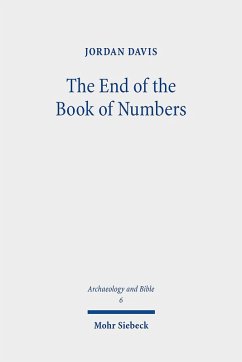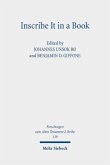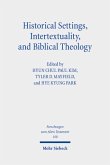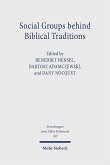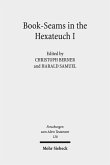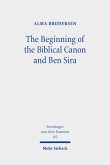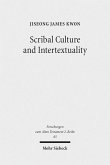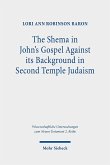It has become increasingly clear that Numbers is the litmus test for new ideas relating to the formation of the Pentateuch. At the same time the profusion of ideas has only resulted in a corresponding lack of agreement between scholars. In the present study, Jordan Davis grants significant attention to the geographical references found at the end of the book of Numbers, combining archaeological, historical and literary critical insights, in the attempt to arrive at more "verifiable" results. With a detailed view at the Transjordan conquest traditions (Num 21:21-35; 32; Deut 2:24-3:20_) and the twin legal narratives relating to Zelophehad's daughters (Num 27; 36), the author argues for the historical catalysts underlying these traditions and then points to the ideological motivation behind their redactional expansion.
Bitte wählen Sie Ihr Anliegen aus.
Rechnungen
Retourenschein anfordern
Bestellstatus
Storno

